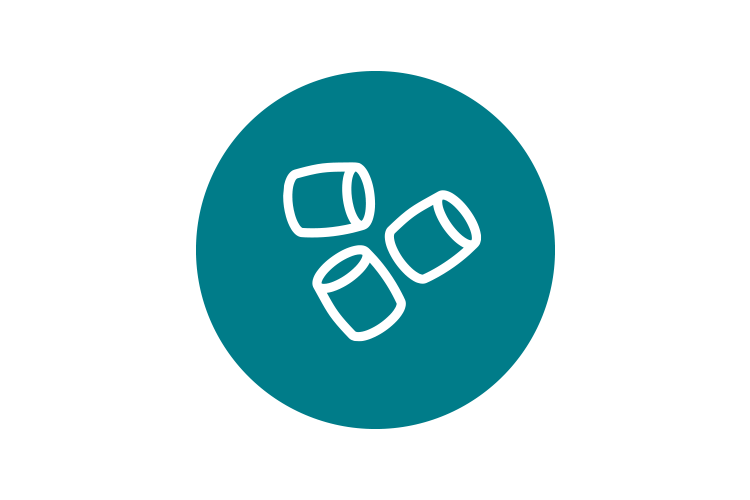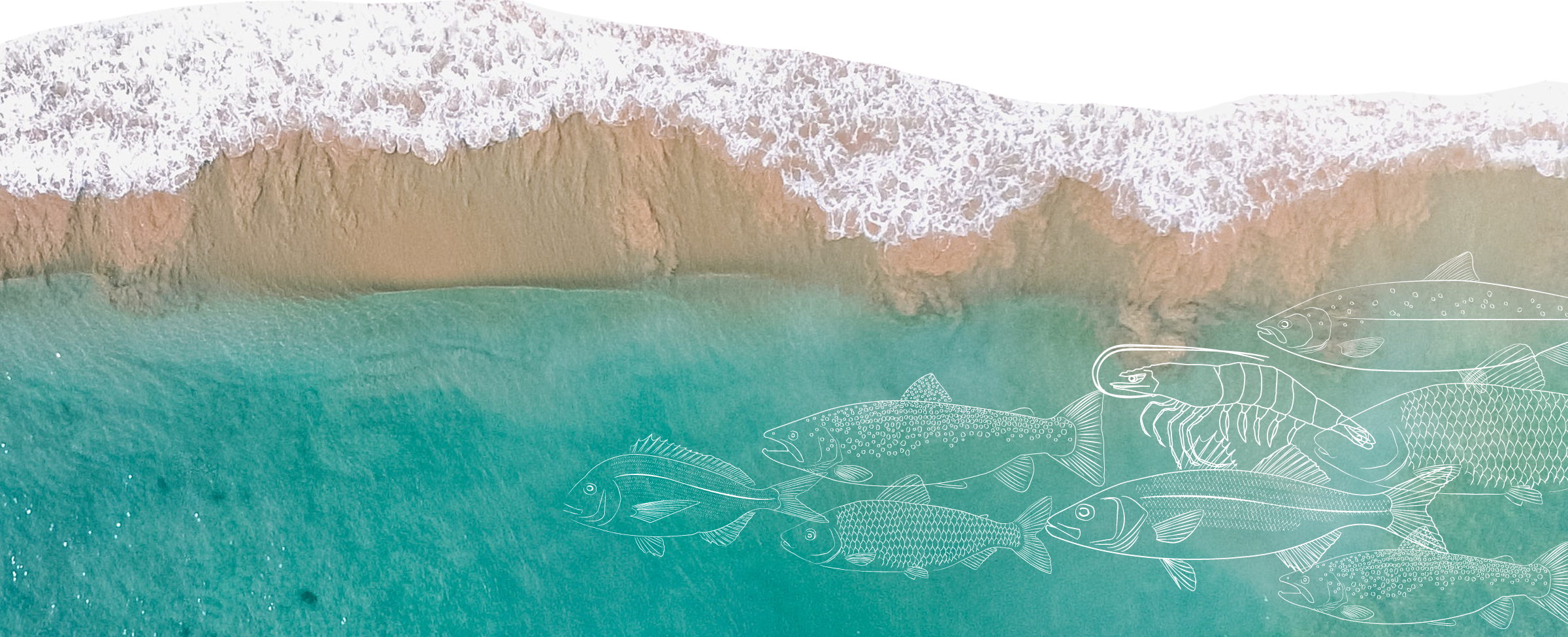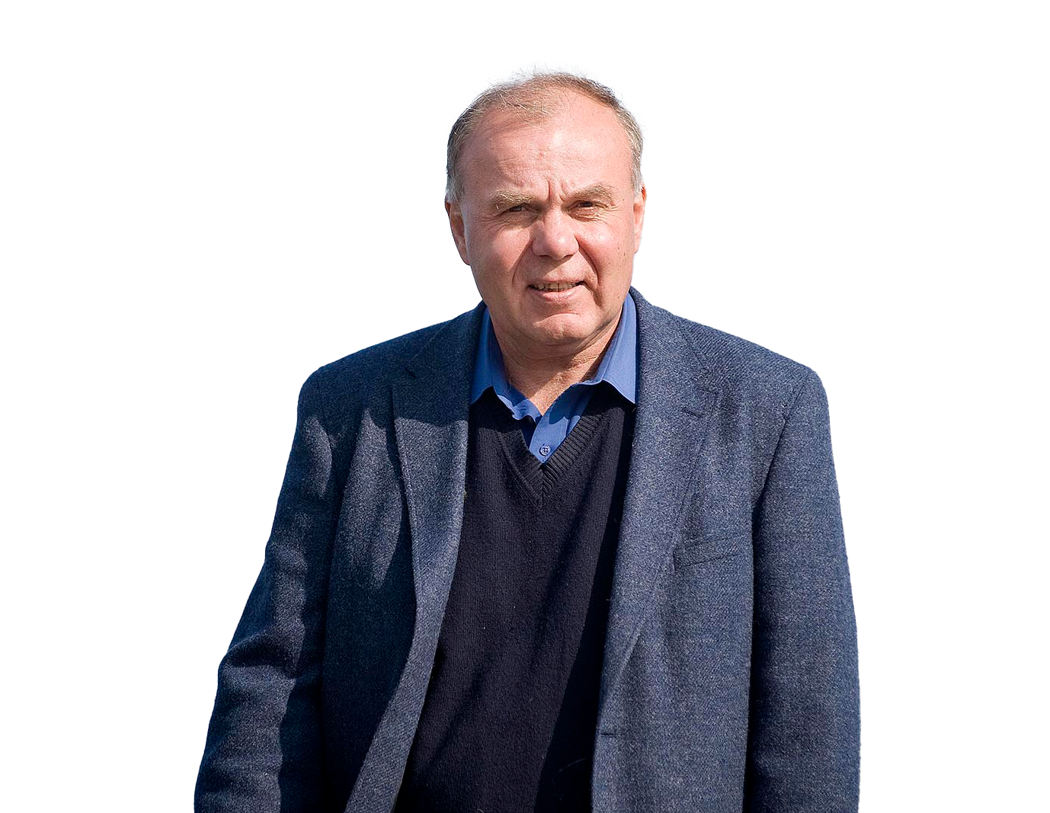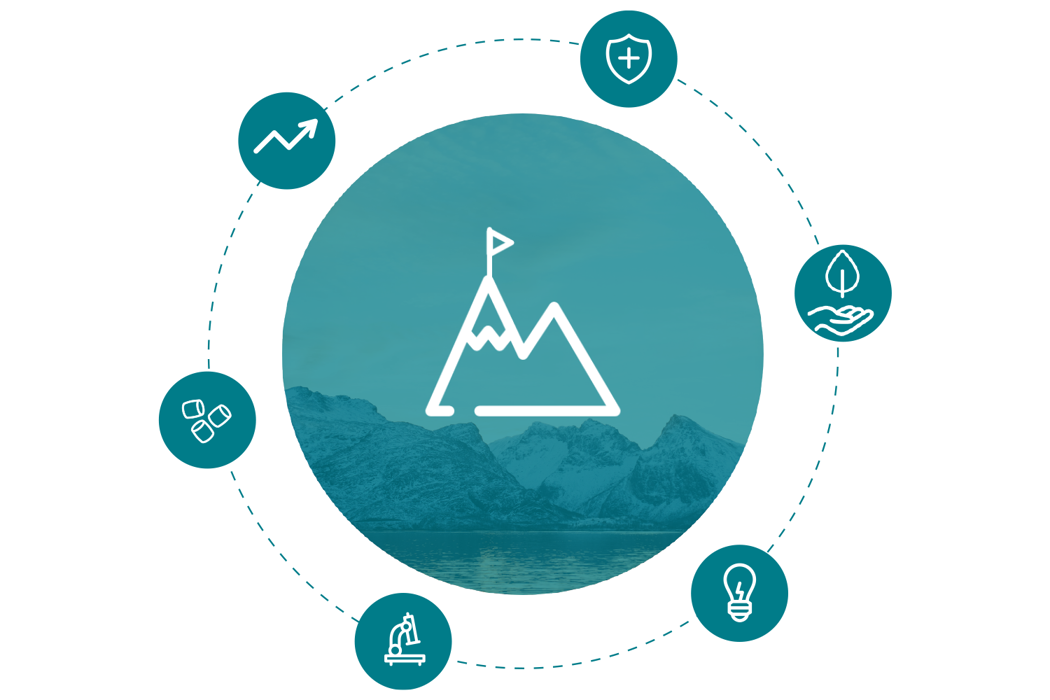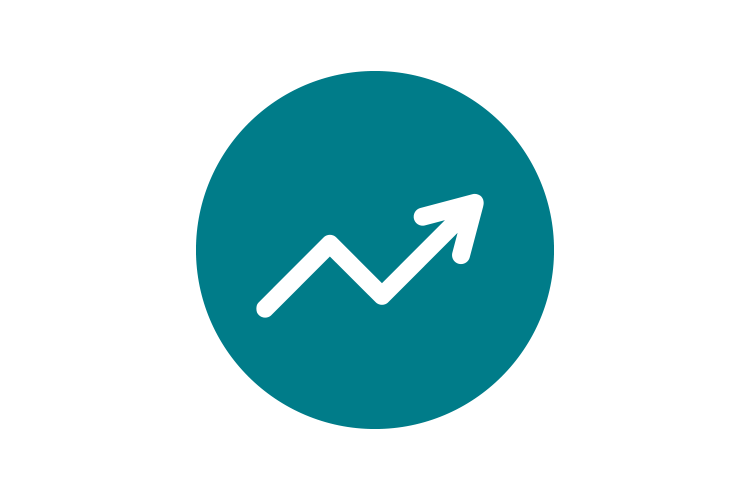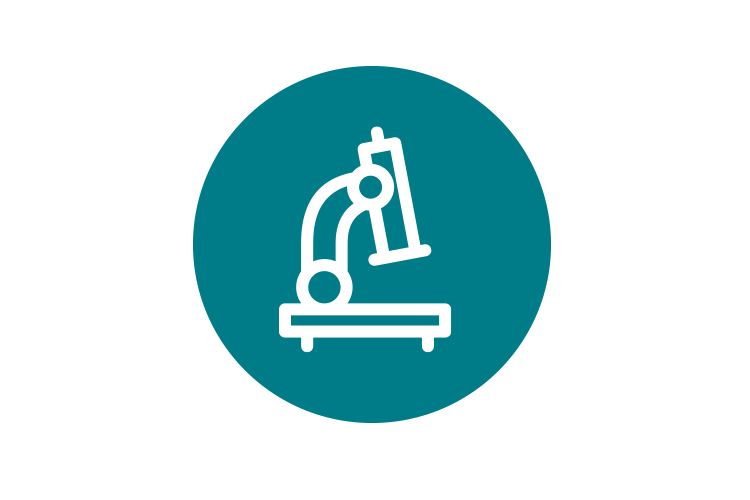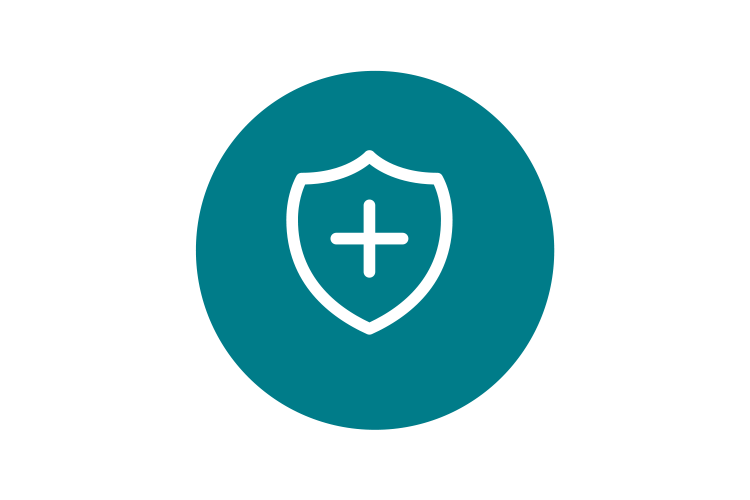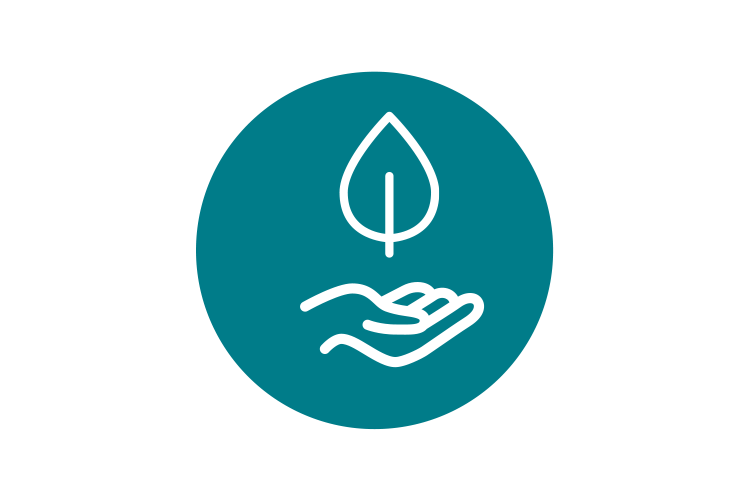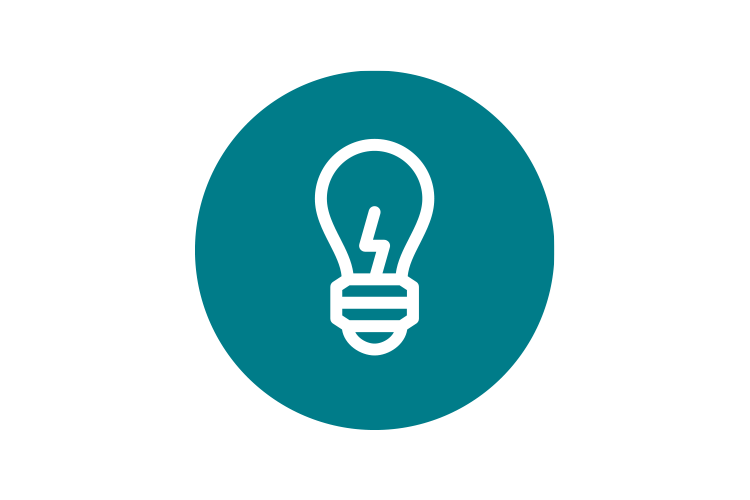Today, we buy deforestation free soy from Brazil, which comes with a high carbon footprint due to historic deforestation in Brazil. We have no incentive in buying deforestation free soy as the carbon footprint of that product will be the same as from soy from recently deforested areas.
We have high standards for responsible sourcing, and we know we can influence our value chain. In this regard, a crucial question is, when we look at environmental performance in the value chain, when do we stay and try to influence a positive development and when do we walk away?
At Skretting, we think it is important to be open about our dilemmas and try to explain how we will try to find solutions which means we will need to balance between several sustainability issues. It’s also likely that many of our ambitions are aligned with those of agricultural feed producers.
As I reflect on the past 40 years, it’s abundantly clear that Skretting and the wider aquaculture industry have been consistently and proactively willing to meet sustainability challenges head on. My hope is that our sustainability journey and the efforts we have made offer the inspiration for other segments of the feed industry to follow.
